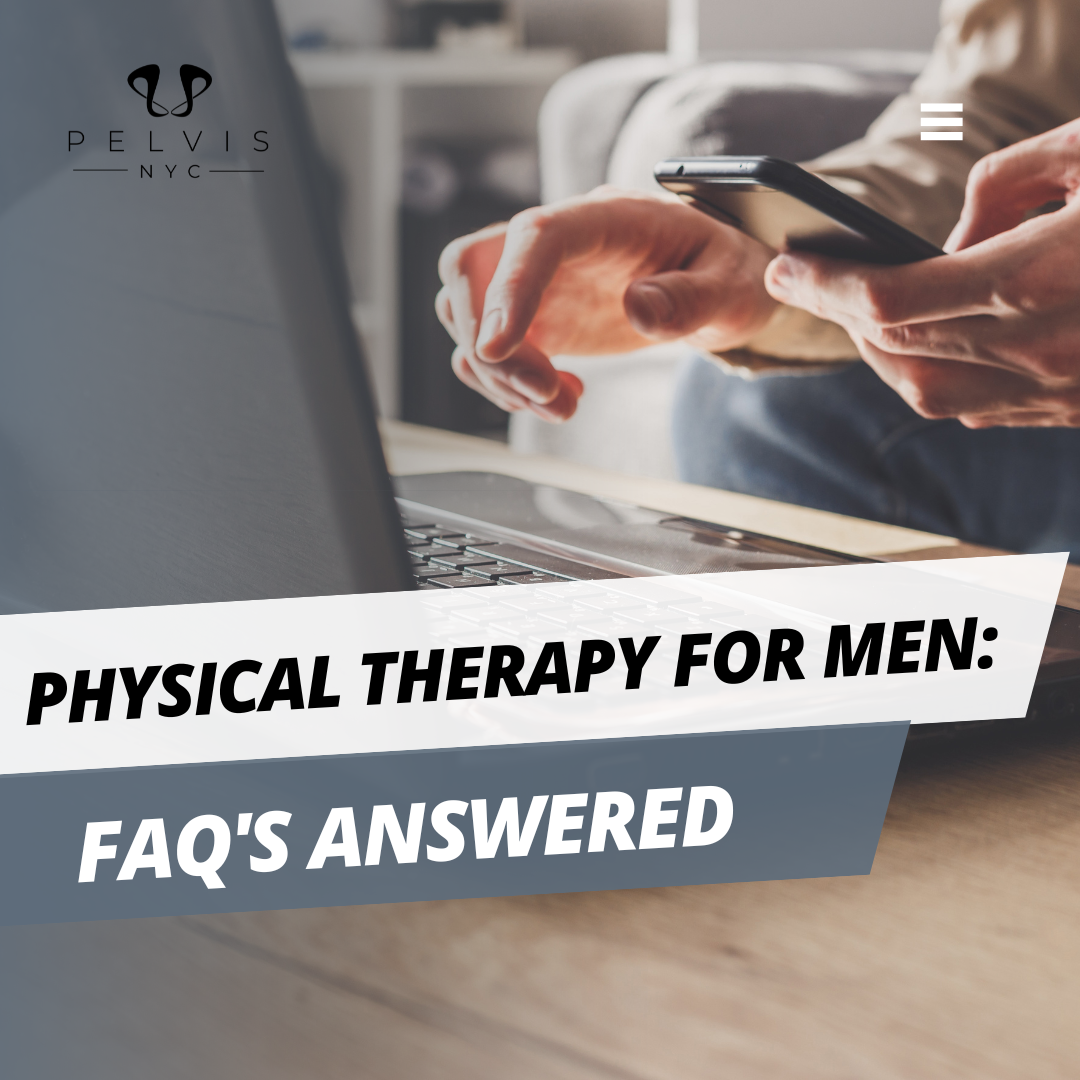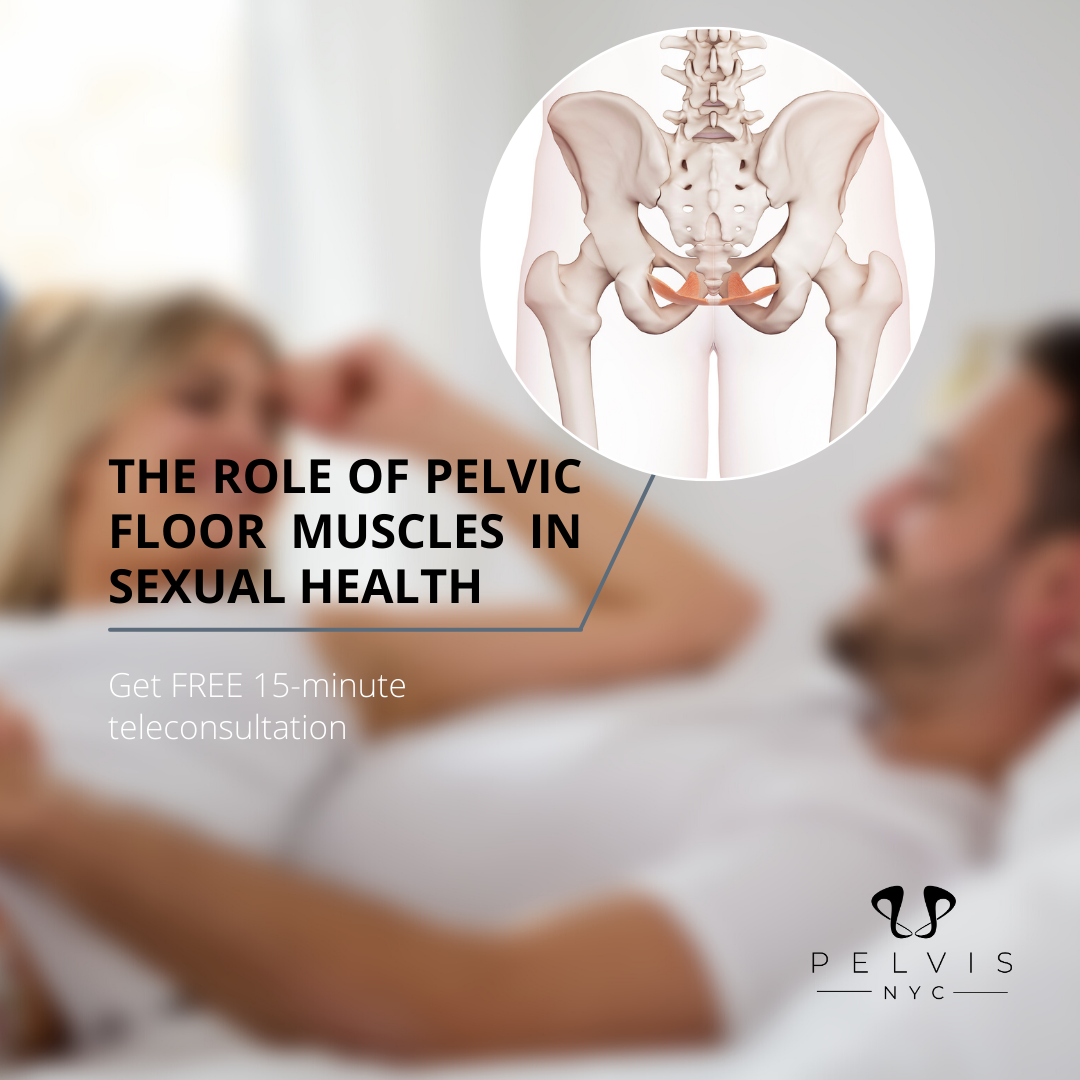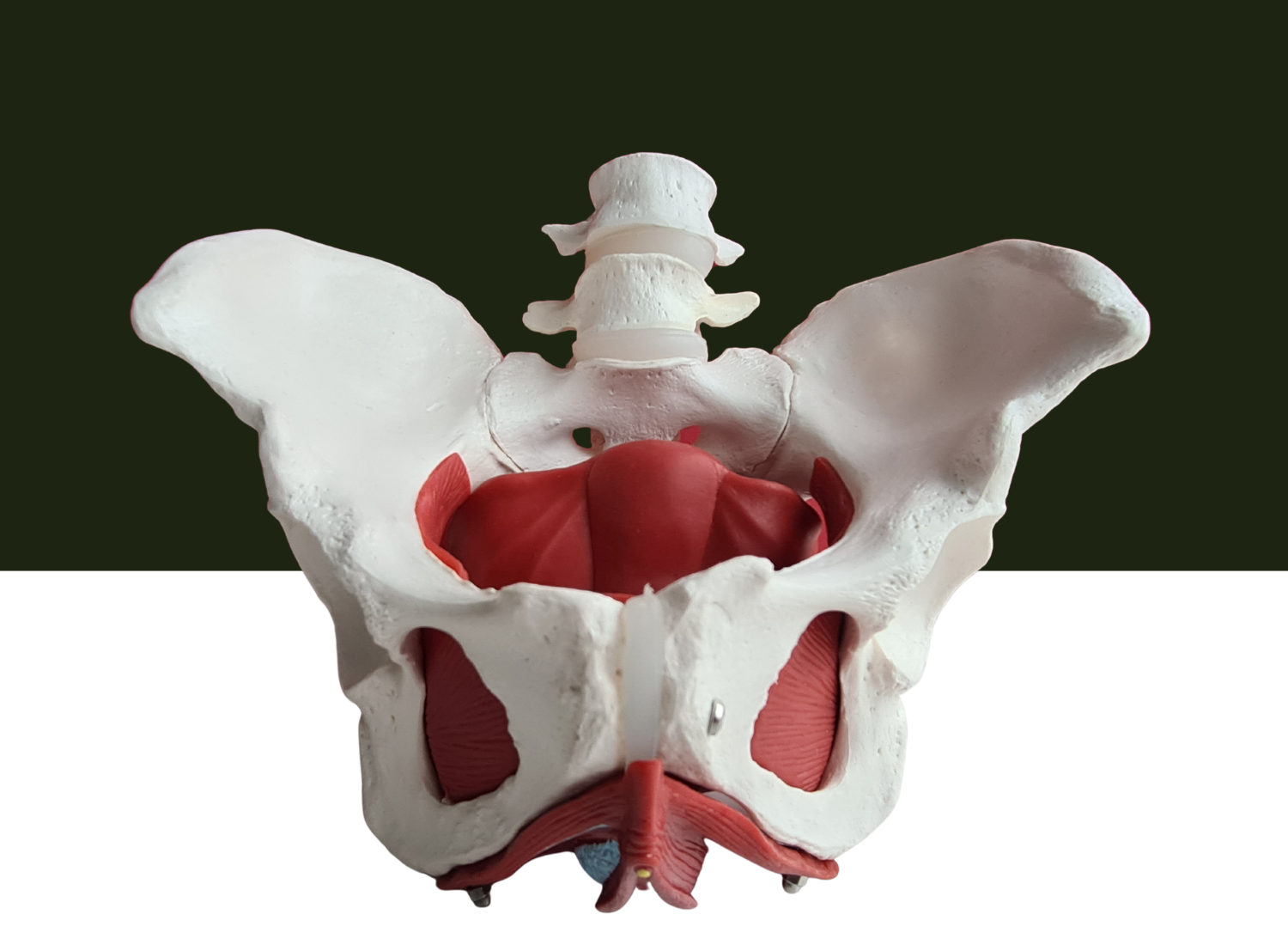Physical therapy is a valuable resource for men seeking to improve their health, recover from injuries, and manage chronic pain. However, many men have questions and uncertainties about physical therapy. In this blog post, we will address some of the most frequently asked questions to provide clarity and guidance. Our goal is to offer friendly and engaging answers from a physical therapist’s perspective. This will help empower men to make informed decisions about their physical therapy journey.
What conditions can physical therapy help treat?
As a physical therapist, I have the knowledge and skills to effectively treat a wide range of conditions that commonly affect men. Here’s a brief definition of each condition from my perspective:
- Orthopedic injuries: These include various musculoskeletal injuries. Such as sprains (ligament damage), strains (muscle or tendon damage), and fractures (broken bones). Physical therapy focuses on reducing pain, promoting healing, and restoring normal function through exercises, manual therapy techniques, and other interventions.
- Back and neck pain: Physical therapists specialize in addressing back and neck pain, which can be caused by various factors. This includes poor posture, muscle imbalances, herniated discs, or spinal conditions. Treatment may also involve therapeutic exercises, manual therapy, posture correction, and education on proper body mechanics to alleviate pain and improve spinal stability.
- Sports injuries: Physical therapy plays a crucial role in rehabilitating sports-related injuries such as sprained ankles, torn ligaments, muscle strains, and stress fractures. Through targeted exercises, sport-specific training, and injury prevention strategies, I help athletes regain strength, flexibility, and function to safely return to their sports activities.
- Joint pain (shoulder, knee, hip): Joint pain is commonly caused by conditions such as osteoarthritis, tendonitis, bursitis, or ligament tears. Physical therapy interventions aim to reduce pain, increase joint mobility, as well as strengthen the surrounding muscles through exercises, manual therapy, and modalities like heat or cold therapy.
- Arthritis: Physical therapy can be highly beneficial for managing arthritis, a condition characterized by joint inflammation and stiffness. I focus on improving the joint range of motion and strengthening the surrounding muscles. Furthermore, I provide education on pain management strategies to enhance functional abilities and quality of life.
- Post-surgical rehabilitation: After undergoing surgery, physical therapy is also essential for promoting healing, restoring mobility, and regaining strength and function. Through a tailored treatment plan, I guide patients through progressive exercises, manual therapy, scar tissue management, and activity-specific training to optimize their recovery and minimize complications too.
- Neurological conditions: Physical therapy plays a significant role in managing neurological conditions like stroke or Parkinson’s disease. I employ specialized techniques and exercises to improve mobility, balance, coordination, and overall functional independence for individuals with neurological impairments.
- Balance and coordination issues: Physical therapy addresses balance and coordination problems that can result from aging, neurological disorders, or other factors. I develop customized exercise programs to enhance balance, coordination, and stability, reducing the risk of falls and improving overall functional abilities.
- Work-related injuries: Work-related injuries, such as repetitive strain injuries or sprains due to lifting or overexertion, can be effectively managed through physical therapy. Treatment focuses on reducing pain, restoring function, and providing ergonomic education to prevent future injuries and promote a safe and healthy work environment.
Can physical therapy help with post-surgical rehabilitation?
Absolutely! Physical therapy plays a vital role in post-surgical rehabilitation for men. A physical therapist can guide you through a personalized rehabilitation program, focusing on restoring mobility, strength, and function after surgery. In addition, they will work closely with your surgeon to ensure a safe and effective recovery process.
How long does a physiotherapy session last, and how often will I need to attend?
Typically, a physical therapy session lasts between 30 minutes to one hour. The frequency of sessions depends on several factors, including the nature of your condition, treatment goals, and availability. In the beginning, sessions may be more frequent (e.g., two to three times a week), and as you progress, the frequency may decrease. Your physical therapist will create a customized treatment plan that outlines the recommended session frequency and duration.
Will physiotherapy involve exercises I can continue at home?
Yes, a significant part of your physical therapy program will include exercises and activities that you can continue at home. These exercises are designed to complement the in-clinic sessions and help you progress toward your goals. Your physical therapist will provide detailed instructions, demonstrations, and written materials to guide you through your home exercise program. Consistency with these exercises will contribute to your overall progress and long-term success.
Can it help with chronic pain management?
Yes, physical therapy can be highly effective in managing chronic pain. A physical therapist will assess your condition, identify the underlying causes of your pain, and develop a tailored treatment plan. This plan may include manual therapies, therapeutic exercises, modalities (such as heat or cold therapy), and education on pain management techniques. Physical therapy aims to improve your mobility, reduce pain, and enhance your overall quality of life.
Will my insurance cover physical therapy?
Many insurance plans cover physical therapy services, but coverage can vary depending on your specific plan. It’s important to check with your insurance provider to understand your coverage details, including any deductibles, co-pays, or limitations. Additionally, some physical therapy clinics offer self-pay options or payment plans for those without insurance coverage.
Contact US!
If you have more inquiries or questions, we encourage you to reach out to us at Pelvis NYC. Whether you have specific concerns about a condition, want to learn more about our treatment approaches, or require clarification on any aspect of physical therapy, we have the best male physiotherapist to assist you.
Website: www.pelvis.nyc
Phone: 929 590 3445
Email: drpelvis@pelvis.nyc














